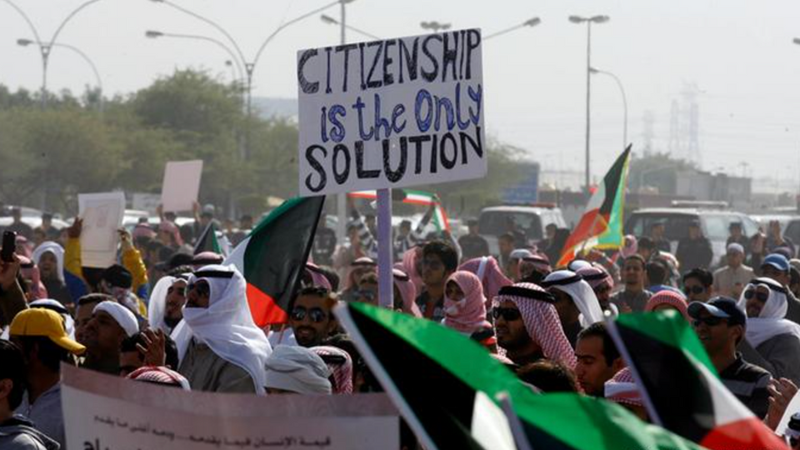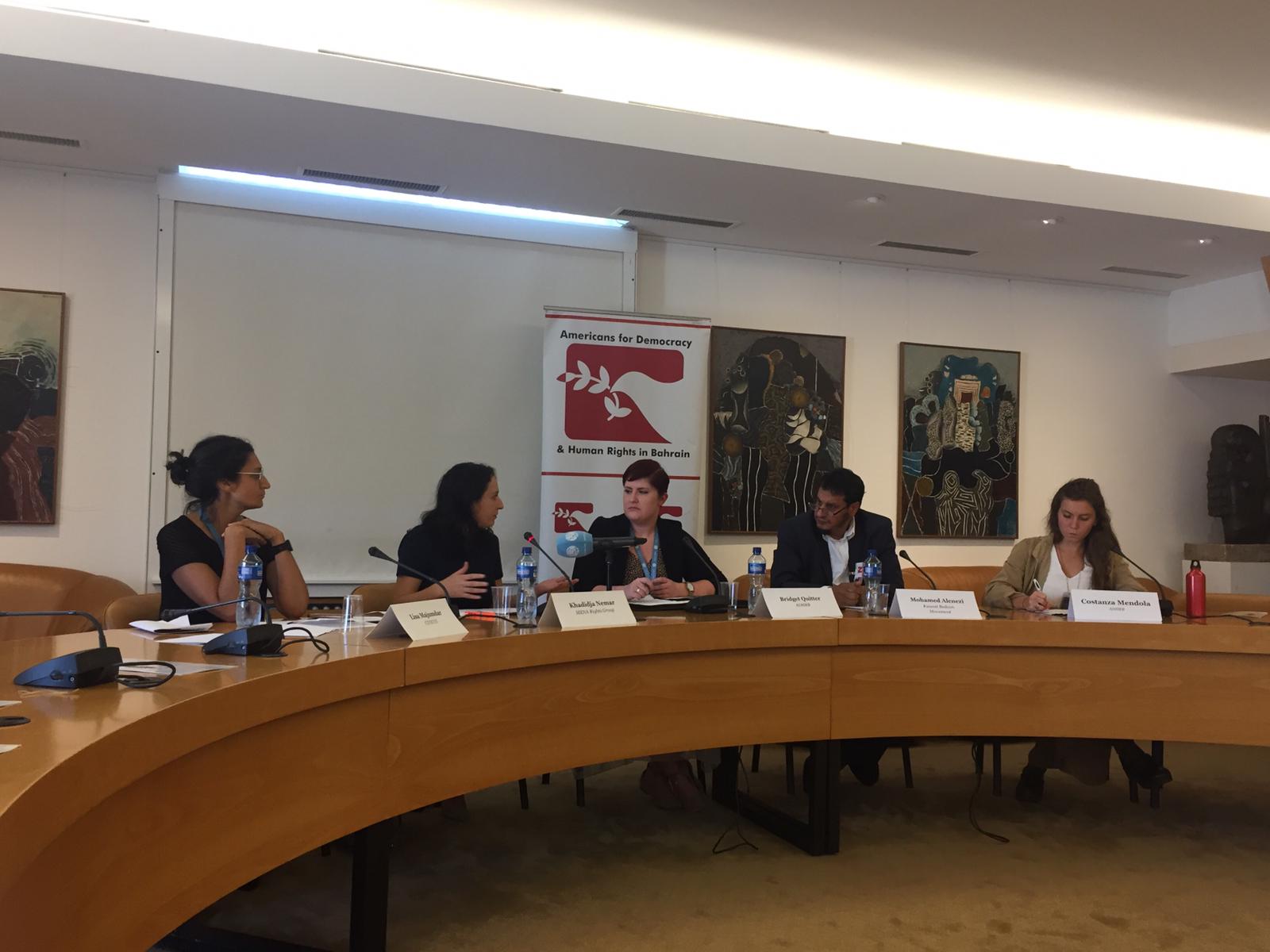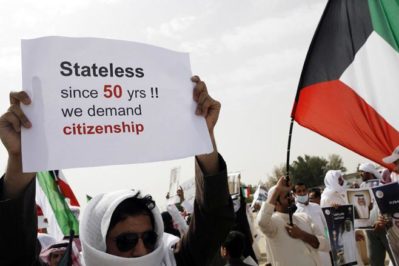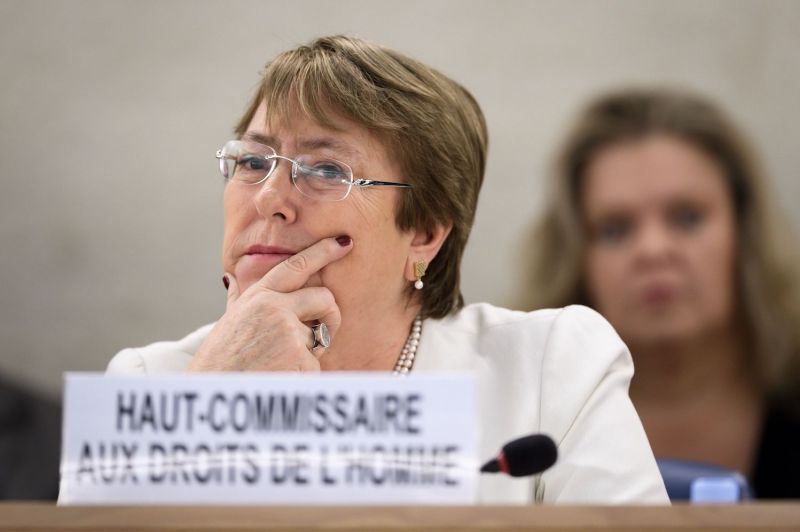Background Kuwait gained independence in 1961, ceasing to be a British protectorate anymore. Upon this development, one-third of the population was given nationality on the basis of being ‘founding fathers’ while another third were naturalized as citizens. The remaining people were designated as bidoon jinsiya which when translated from Arabic means ‘without nationality’. According to[…]
On 12 September 2019, at the 42nd session of the United Nations Human Rights Council in Geneva, Switzerland, Americans for Democracy & Human Rights in Bahrain (ADHRB) held a side event panel examining the State of Kuwait’s fidelity to the recommendations it received under its last Universal Periodic Review (UPR). In particular, the panelists, Lisa[…]
In recent months, the Kuwaiti government has amped up its targeting and harassment of its bidoon population – a stateless Arab minority. Kuwait is home to over 100,000 bidoon who face hurdles accessing government documentation, employment opportunities, healthcare, and education. In 1986, the Kuwaiti government branded the bidoon population as “illegal residents,” despite most being[…]
24 June 2019 – Yesterday, at the opening of the 41st session of the United Nations Human Rights Council in Geneva, Switzerland, Michelle Bachelet, the United Nations High Commissioner for Human Rights delivered her sessional update. In her remarks, she highlighted several important thematic concerns, including attacks on migrants, the continued application of the death[…]
On 15 February 2019, the Special Rapporteur on the human rights of migrants; the Special Rapporteur on minority issues; and the Special Rapporteur on contemporary forms of racism, racial discrimination, xenophobia and related intolerance published an Allegation Letter sent to both the Kingdom of Saudi Arabia and the Arab Republic of Egypt concerning the intentional[…]









